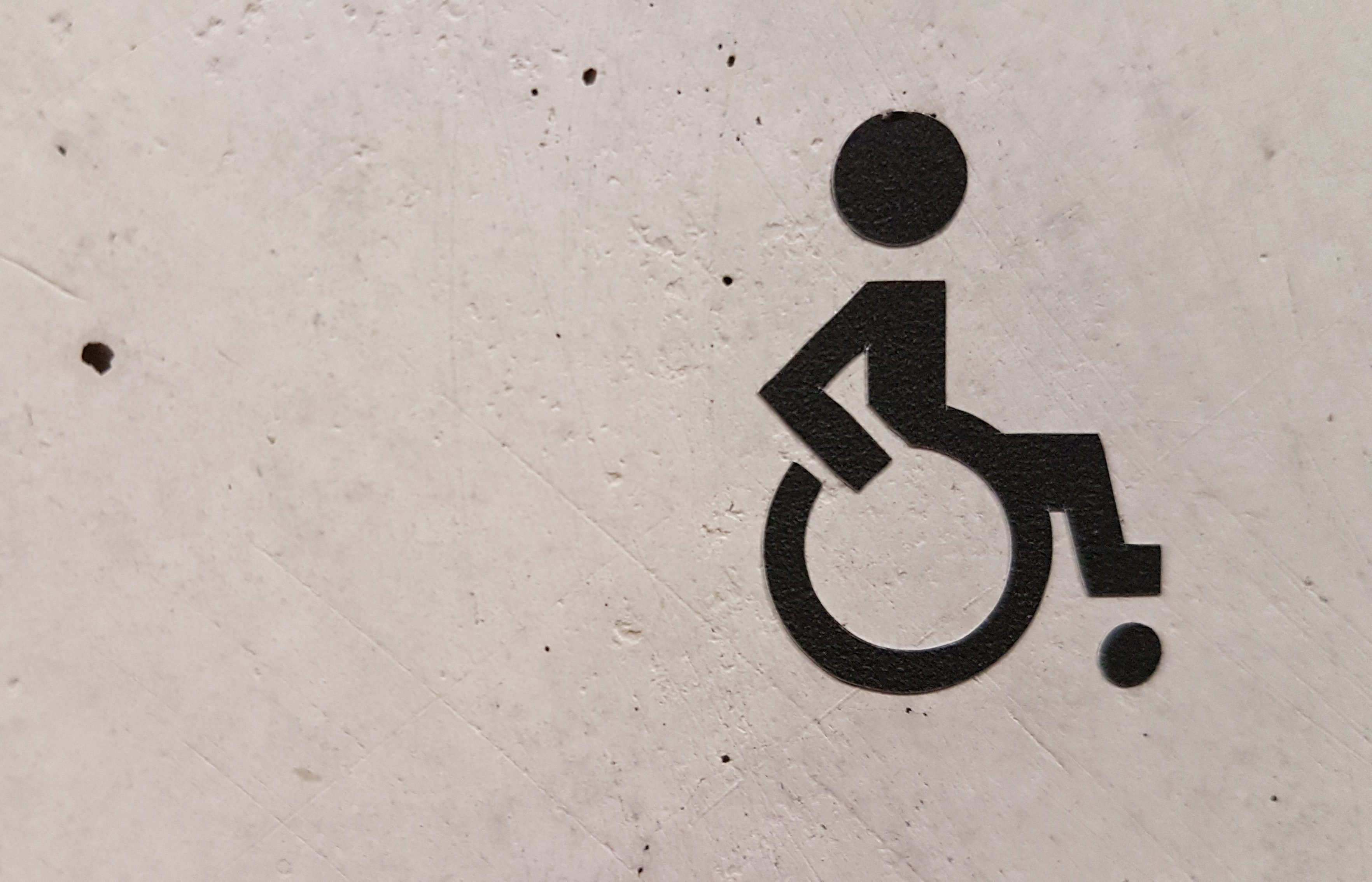July 26th marked the 30th anniversary of the Americans with Disabilities Act (ADA) – a landmark civil rights law that prohibits discrimination against individuals with disabilities in all areas of public life, including the workplace. When I reflect on this milestone, I can’t help but think that we’ve come a long way in the 30 years since its inception, but we certainly still have much progress to make.
As the Head of Group Benefits, I oversee a team that works hard to offer best-in-class disability benefits as part of our employee benefits packages. With such an important mission, I feel strongly that our company take an “inside-outside” approach to foster a culture that’s built on awareness, education and understanding. I also feel it’s important we use our voice to help remove the stigma around hiring and accommodation practices for the disabled.
As part of our work in disability inclusivity, I wanted to share with you a few principles we follow that can hopefully inspire other organizations looking to do the same:
1. Listen to the right voices.
While many companies aspire to create more accommodating work environments for people with disabilities, it is critical that decision-makers listen to the disabled community and its allies, and incorporate the feedback and advice given in actionable ways.
At Guardian, we have had the unique opportunity to listen to and partner with Dr. Feranmi Okanlami, a physician who was paralyzed from the neck down in a diving accident while completing his medical residency. He was fortunate enough to have Guardian Disability Insurance at the time, which helped him navigate the process – from paperwork to scheduling physical therapy to expense management – so that he could focus first and foremost on his health.
Dr. Okanlami has gone on to become a Clinical Assistant Professor of Family Medicine and Physical Medicine & Rehabilitation as well as the Director of Services for Students with Disabilities at the University of Michigan. His passionate advocacy for those with disabilities and our partnership in his recovery is an inspiration to all at Guardian– one that reminds us every day how important our work is. We regularly turn to him for insights, counsel and support on how to best foster a culture where those who are disabled have the support they need to thrive.
2. Focus on Inclusivity and Support.
Guardian’s recent Workplace Benefits Study found only 4 in 10 workers with a disability feel their employer is making adequate workplace accommodations. On the employer side, only 1 in 8 say recruiting people with disabilities is a priority. The data speaks clearly here – business leaders have a real opportunity to do more to ensure they are providing support for their entire workforce and ramp up their talent acquisition efforts in the disabled community.
3. Foster deeper understanding.
To ensure an inclusive experience for both employees and customers, I recommend that companies foster deeper understanding by inviting non-disabled people to participate in interactive learning.
For example, we’ve conducted multiple “empathy labs” with accessibility experts Deque Systems, which use interactive workstations to highlight how people with disabilities experience technology – helping developers and designers build better, more accessible user experiences for everyone. Participants learn more about assistive technologies and experience tools about which they previously may have had no knowledge or understanding – such as screen readers to navigate a website as though you had low vision, or assistive controls of an application for someone with limited motor function.
Incorporating real-time programs such as these helps foster a multi-dimensional and deeper understanding of the disabled experience and is an opportunity to ground a workforce in a genuine sense of empathy.
4. Redefine the post-pandemic workplace.
The COVID-19 pandemic has forced employers across industries to become far more work-style flexible. On the corporate front, this has largely translated into allowing all workers who are able to perform their duties remotely to do so and providing them with the tools required to enable them to remain productive.
Adjusting to working from home full time has been a new experience for myself and many of my coworkers, but for many disabled workers they’re simply welcoming us to their norm. 2020 has shone a light on the benefits of remote work, taught us the challenges can be overcome and when we do so, we open up an entirely new pool of talent to add value to our organizations.
5. Understand the role of disability insurance.
This type of insurance goes well beyond the financial. When one of our insureds becomes disabled, we have a team of people that act quickly to provide support. Most people have no idea where to begin when disability strikes. A big part of our work is helping our customer understand the options available and partnering to set a course to their new normal. Dr. Okanlami is an amazing example of someone who flourished as part of this team approach. Anyone can become disabled at any time. There’s no better time than now to plan for that possibility and protect you and your family.


